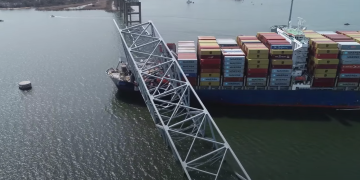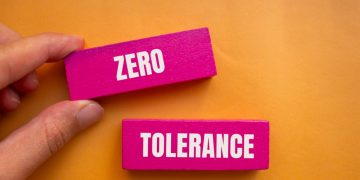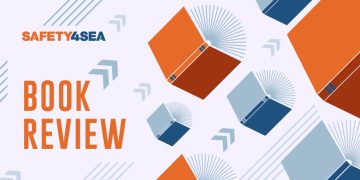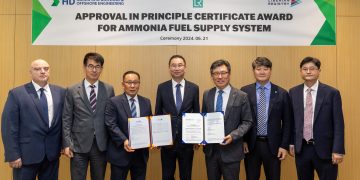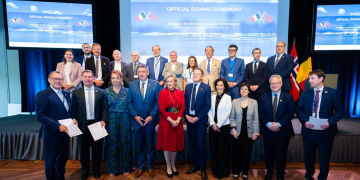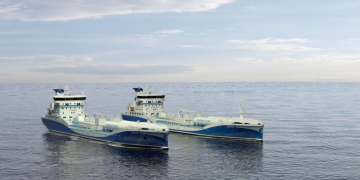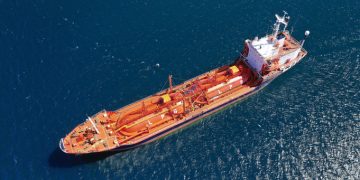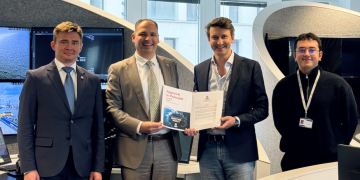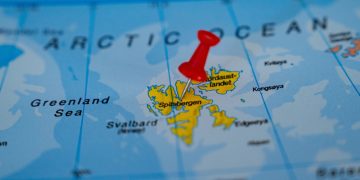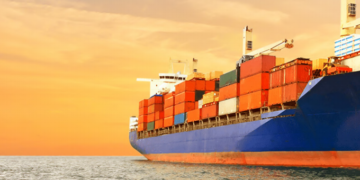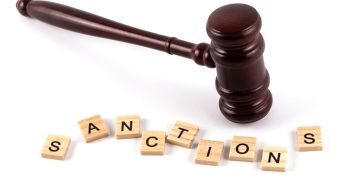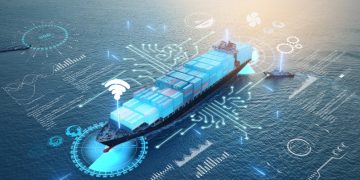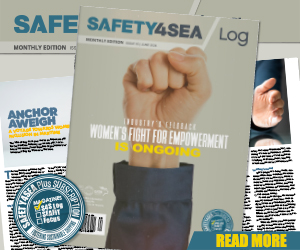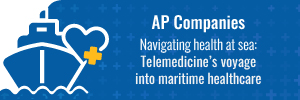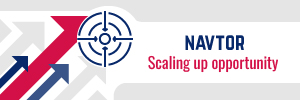ICS Vice Chairman repeats call for governments to see sense on Ballast Convention
The International Chamber of Shipping (ICS) reiterated its call for governments to address the serious implementation issues concerning the IMO Ballast Water Management (BWM) Convention before it is too late. Speaking at a Ballast Water Management Summit in Singapore, ICS Vice Chairman, Esben Poulsson, encouraged IMO Member States to make use of the solutions proposed in an industry submission to the Marine Environment Protection Committee (MEPC), which next meets from 13-17 October. Mr Poulsson explained that the issues governments need to address include the lack of robustness of the current IMO type-approval process for the expensive new treatment equipment, the criteria to be used for sampling ballast water during Port State Control inspections and the need for 'grandfathering' of already fitted type-approved equipment. Thus far, however, governments have appeared reluctant to act collectively in a decisive manner. During his keynote speech, Mr Poulsson explained that this reluctance to resolve outstanding problems is causing a great deal of uncertainty: "When the BWM Convention eventually enters into force, the shipping industry will be required to invest billions of dollars to ensure compliance. However, because of the unanswered questions about the Convention's detailed implementation, much of the industry - and society at large - continues to lack...
Read more









